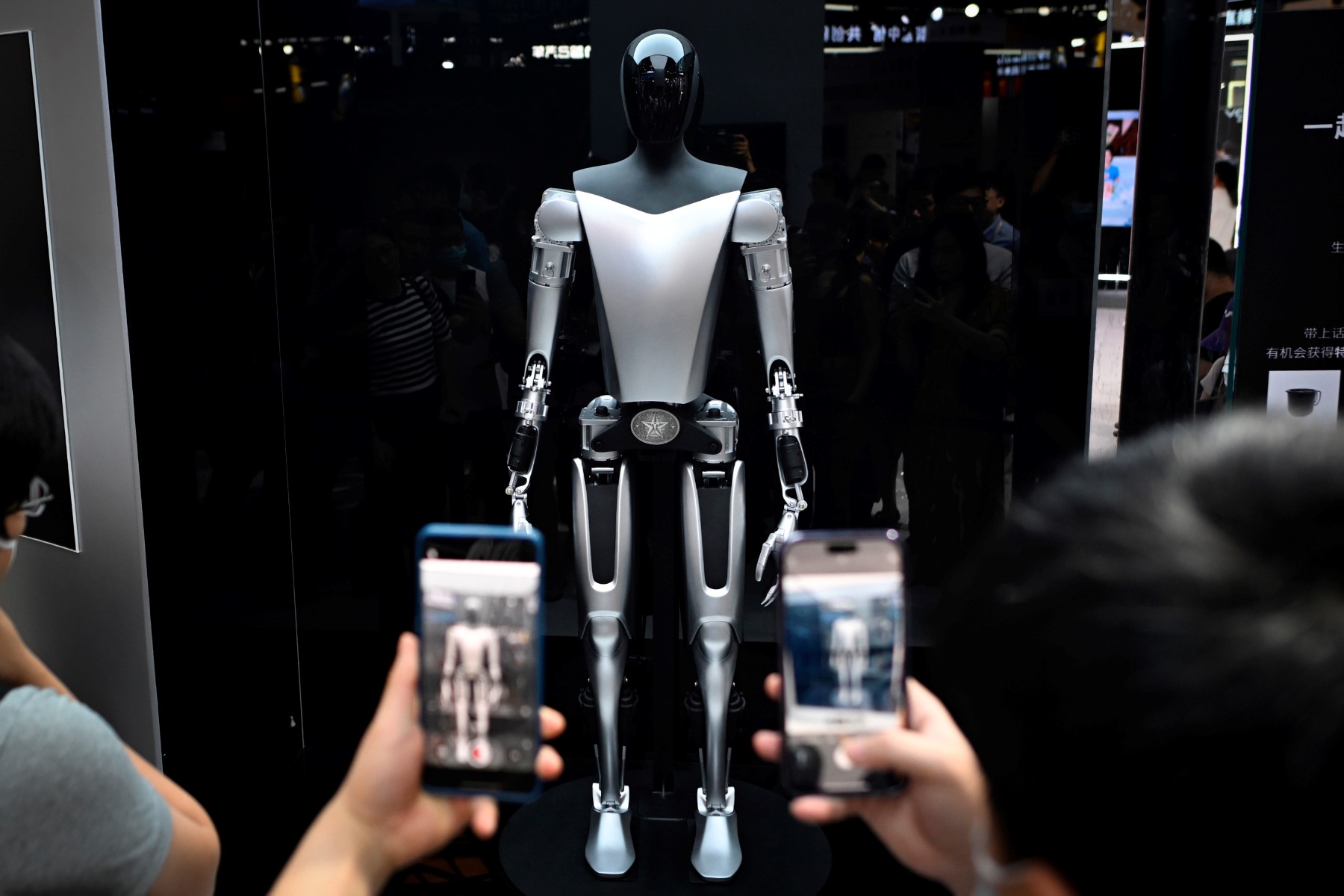Paris, France – The world’s wealthiest nations must urgently prepare for the impact of an imminent “AI revolution” that will change jobs, create new ones and make others disappear, the OECD said Tuesday.
The rapid development of artificial intelligence — with tools that can generate essays, create images and even pass medical exams — have raised concerns that it could replace whole sectors of the workforce through automation.
In its 2023 Employment Outlook, the OECD said there was little evidence of significant negative effects on employment from AI “so far”.
“While the adoption of AI still remains relatively low, rapid progress, falling costs and the increasing availability of workers with AI skills indicate that OECD economies might be on the brink of an AI revolution,” the report said.
“While there are many potential benefits from AI, there are also significant risks that need to be urgently addressed,” according to the Organization for Economic Co-operation and Development.
The international and influential organization has 38 member countries ranging from Australia to Britain, Canada, Germany, Japan, Mexico and the United States.
The OECD said it was “vital” to gather better data on AI uptake and use in the workplace, “including which jobs will change, be created or disappear, and how skills needs are shifting”.
AI use is generally concentrated in large firms that are still experimenting with the new technology, and many appear reluctant to replace staff, said Stefano Scarpetta, OECD director for employment, labor and social affairs.
“However, it is also clear that the potential for substitution remains significant, raising fears of decreasing wages and job losses,” he wrote in an editorial.
AI has the potential to improve workplace safety by reducing “tedious or dangerous tasks” and lead to higher wages for workers whose skills complement the technology, the OECD report said.
But it could also “leave workers with a higher-paced work environment” and reduce wages for those “who find themselves squeezed into a diminished share of tasks due to automation”.
When taking AI into consideration, jobs at the highest risk of automation account for 27 percent of employment, according to the OECD.
“The use of AI also comes with serious ethical challenges around data protection and privacy, transparency and explainability, bias and discrimination, automatic decision making and accountability,” Scarpetta said.
“Urgent action is required to make sure AI is used responsibly and in a trustworthy way in the workplace,” he said.
“On the one hand, there is a need to enable workers and employers in reaping the benefits of AI while adapting to it, notably through training and social dialogue.”








